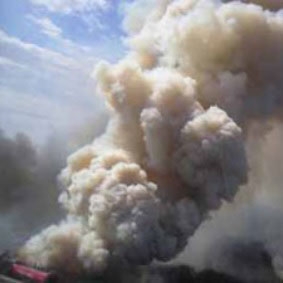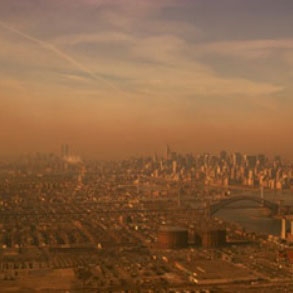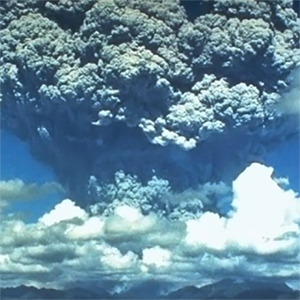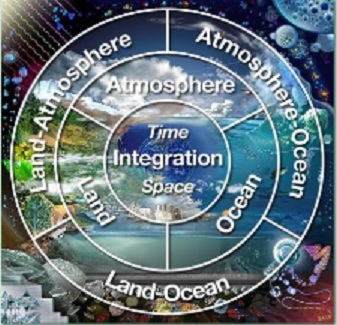Suspension of particles of condensed matter (liquid, solid, or mixed) in a carrier gas (usually air). Aerosols are important in the atmosphere as nuclei for the condensation of water droplets and ice crystals, as participants in various chemical cycles, and as absorbers and scatterers of solar radiation, thereby influencing the radiation budget of the earth-atmosphere system, which in turn influences the climate on the surface of the Earth.
Definition source: Centers for Disease Control and Prevention






